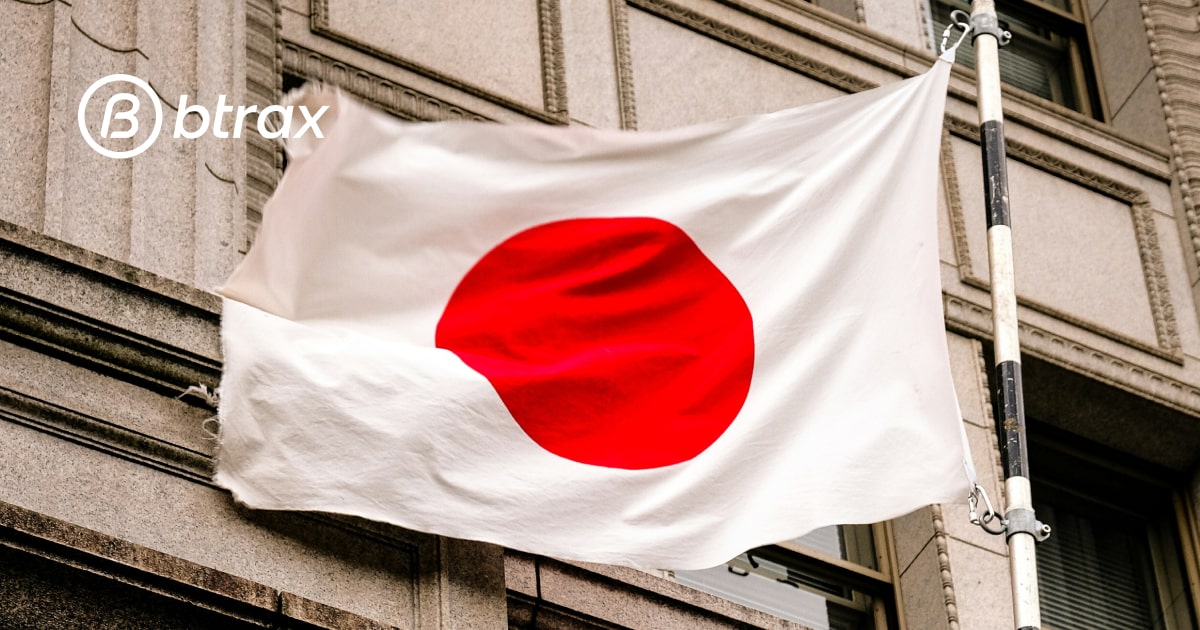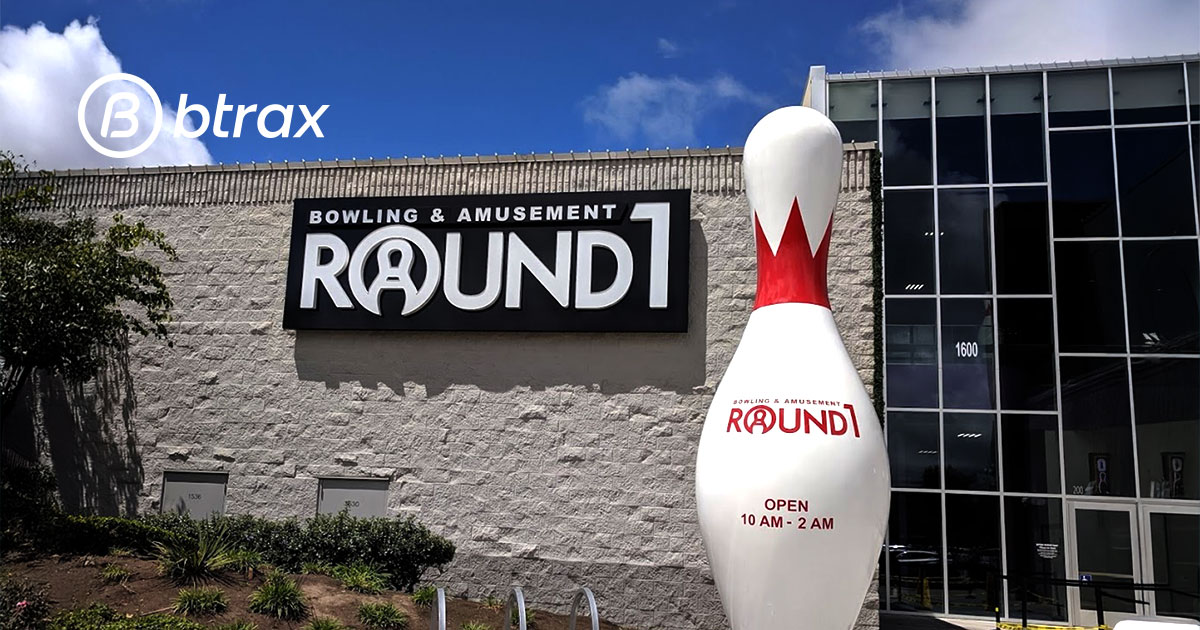
Btrax Design Company > Freshtrax > Inghts from the...
Insights from the CEO of Quora: Growing Business in Japan
We sat down with Adam D’Angelo, the CEO of Quora, on November 15th last year, just one day after his company Quora launched in Japan. Formerly the CTO of Facebook, Adam and his team strive to maintain Quora as the expert knowledge sharing platform, centered around credible individuals and organizations providing direct responses to users’ questions.
Quora receives more than 200,000,000 unique visitors per month, and it received $85,000,000 in Series D funding last April. Quora has joined the ranks of the unicorn companies with its exponential growth over the years.
In this interview, Adam shared with us insights and challenges on the road to founding the company, developing the product, and expanding to Japan.
Quora’s Beginnings
Q: Why did you decide to leave Facebook and found Quora?
A: Facebook got to the point where it was in a good position. Quora, on the other hand, would not have existed if I had not started it. Almost every big internet company in the US has tried to make Q&A products.Yahoo tried with Yahoo Answers, Google had Google Answers…what you can learn from looking at these attempts is that the culture, values, and approach you need to build a Q&A product that is high quality is very different from the style of development that a lot of these companies follow for other products.
Quality is most important for Quora, especially quality control, which is hard to achieve at scale and requires a unique culture and approach. That’s why other companies have not been able to do it.
Q: Every CEO has a story of hard times and struggle. What’s yours?
A: I think we’ve had a smoother path than most startups but it was definitely hard to get started. We needed to make a pretty big investment to set up systems that were going to ensure quality before we launched the product.
A lot of people were asking me, “how could you leave Facebook?!”, but we had to stand up to that pressure to build a high quality product. I was lucky to have experience from Facebook and be in a market with a lot of demand for the product.
Q: Did your position as CTO of Facebook help you start Quora?
A: My experience being an employee at Facebook helped me a lot. As far as the particulars of my title and position, I think I learned a lot about managing a lot of people, but it wasn’t that important for starting Quora; it was a small team, but being around Facebook in the early days I got to see a lot of lessons, and learn lessons, and that helped me make decisions in our early days.
 About Quora
About Quora
Q: What is your brand strategy?
A: In general we think that users are going to form their impression of the brand mostly from using the product and seeing the content. If we want our brand to represent high quality, we need people to see high quality content when they see Quora. The brand strategy is connected to the content strategy, and we want the content to be primary.
Q: How does Quora make money?
A: We use ads that are targeted towards the question that was asked. So they are for products that could help someone with that question. We run very targeted ads specific to the question or set of questions. This way they are relevant. The ads that users tend to ignore are not targeted enough.
Q: The US has a rich medical information Q&A culture and it’s on the rise in Japan. We are also seeing a lot of fake news recently. What is Quora’s approach for quality assurance?
A: If the user [answering a health related question] is a doctor, everyone can see they are a doctor and where they studied. When the post is voted on, you can see that other doctors upvoted it as well. Thus our quality control will work well even in the health industry.

Q: How do you protect against fraud and false identities?
A: Some people might create false information, but what we care about is if the answer is false. When people start to write a lot of answers, they don’t want to have false information. Others could report them if you use a false name, and if they want to prove they have a real name they can connect their Facebook or Twitter, and that can give us other indicators of credibility.
We will verify the identity of certain higher profile people like Hillary Clinton or Barack Obama. Justin Trudeau came in and we confirmed it was him; you don’t want to have an imposter in that case.
Q: Our company name btrax is like a vinyl record, where the a-track is the client and the b-track is us, always supporting them. What does quora’s name come from?
A: Our name is a variation on the word ‘quorum’. Q is also a unique letter in the alphabet that relates to questions and quality.
Expanding to Japan
Q: You started in the US, moved to the EU5, and now Japan. In terms of internet users, China is much bigger. Why did you choose Japan?
A: Our mission is to share and grow the world’s knowledge. We like Japan; it’s a big market, our product is focused on quality, and I know from my experience that the culture here really values quality, much more than the US, so we feel like its gonna be a good fit. We will have to see and adapt, but that’s our guess and we’re optimistic.
Q: It could be a good fit but Japanese people are a little bit shy. Since your service requires a lot of knowledgeable people to divulge information, don’t you think they may be hesitant to disclose their expertise publicly?
A: That could be, but we don’t need everyone to write answers. We don’t need a lot of answers. It should be ok. we will have a very good service for everyone to read and answers remain useful for years.
In Japan, you say people are a little shy, but I think you still see a lot of people writing books. There’s a big publishing industry, so [plenty of] experts are ok with sharing under their name.
Q: The hurdle to join Quora is a little high compared with other services, and users have to input a lot of info, which is important for the company but sometimes frustrating for the user. How do you overcome this frustration?
A: We really care more about quality than quantity right now. Its ok…it will mean some people won’t register, but those who do will get a really high quality experience because we’re going to be able to personalize the system for them. For the system to work we need to understand who the experts are on a given topic.
Q: So you know Japanese behavior well. How do you increase members? How do you make it easy to join?
A: We’re not trying to make it easy to join, but we are trying to make it valuable for you to join. If the value is greater than the trouble to join, you’ll join.
Everyday people write new answers and we add those answers to our database. And it grows and grows because [those] answers continue to be valuable, so the value will grow and expand. We expect many people will continue to want to join.
Q: A lot of people ask search engines for advice. It’s very important to be in the first page of results on Google or Yahoo. Do you have a strategy for how to bring Quora to a lot of people through search engines?
A: Our strategy is to make sure we are the highest quality so we can provide the best answer to a question. Eventually Google and other search engines will rank us at the top. Their goal is to have good UX and so they want to rank the best content at the top. We hope to be the best content.
Q: We support startups in entering the Japanese market. Do you have any message to these startups on talking to VCs and raising money for their products/services?
A: The best thing of all that you can do is if you can get the first version of the product out before you have to raise money, you are going to be in a strong position because they can see the product working, and the pitch becomes less important.
If they can see your product they know you can build the product, and they know you are able. A lot of risk is reduced from the investor’s standpoint.
To do that you need to be able to sustain yourself until you succeed. Keep your costs as low as possible. Maybe you can build the whole thing with your founding team and keep it simple. If its complicated it takes time and people and that costs money.
Q: For my final question, what’s the plan for an IPO?
A: At the present stage there is not. We are really focusing on our international expansion efforts, so there is still much to do before then. We will think about that when the time comes.
 Our interview was conducted with Quora CEO Adam D’Angelo. Also in attendance were key members Jessica Shambora, their Head of Corporate Communications, Head of Internationalization Shreyes Seshasai, and Head of Japanese Community Momoko Friedenberg.
Our interview was conducted with Quora CEO Adam D’Angelo. Also in attendance were key members Jessica Shambora, their Head of Corporate Communications, Head of Internationalization Shreyes Seshasai, and Head of Japanese Community Momoko Friedenberg.
We expect to see Quora continuing to grow through the years due to their emphasizing a high standard of quality for their product. We’d like to thank Adam and his team again for their time and insightful answers.
Check Out Our FREE E-Books!
Discover our FREE e-books packed with valuable research and firsthand insights from industry experts!
Dive into our collection below, and stay tuned – we’re constantly adding new titles to keep you ahead of the curve.
- Big in Japan: Global Brands Thriving in the Japanese Market, Vol. 1
- A Guide to the Promotional Seasons in Japan
- What I Wish I Knew Before Entering the Japanese Market
- 100+ Facts to Understand the Motivations Behind Japanese Behaviors
- Insights on Japan’s Changing Workstyle
- Insights into Japan’s E-Commerce and Direct to Consumer (D2C) Market







